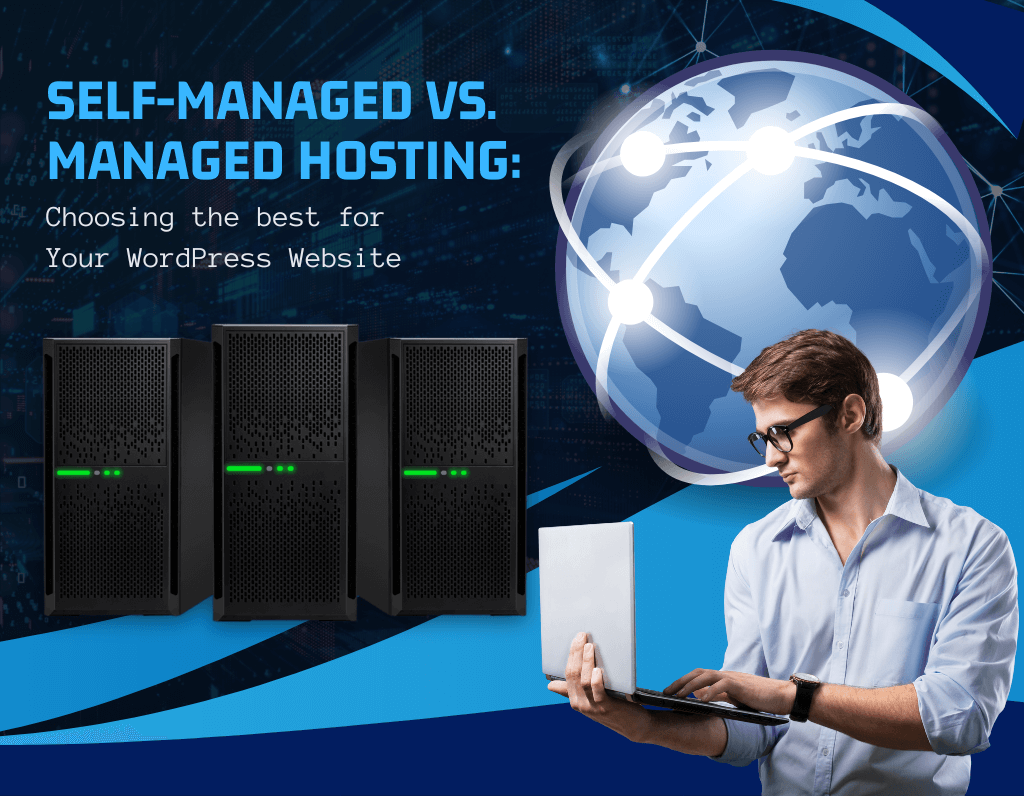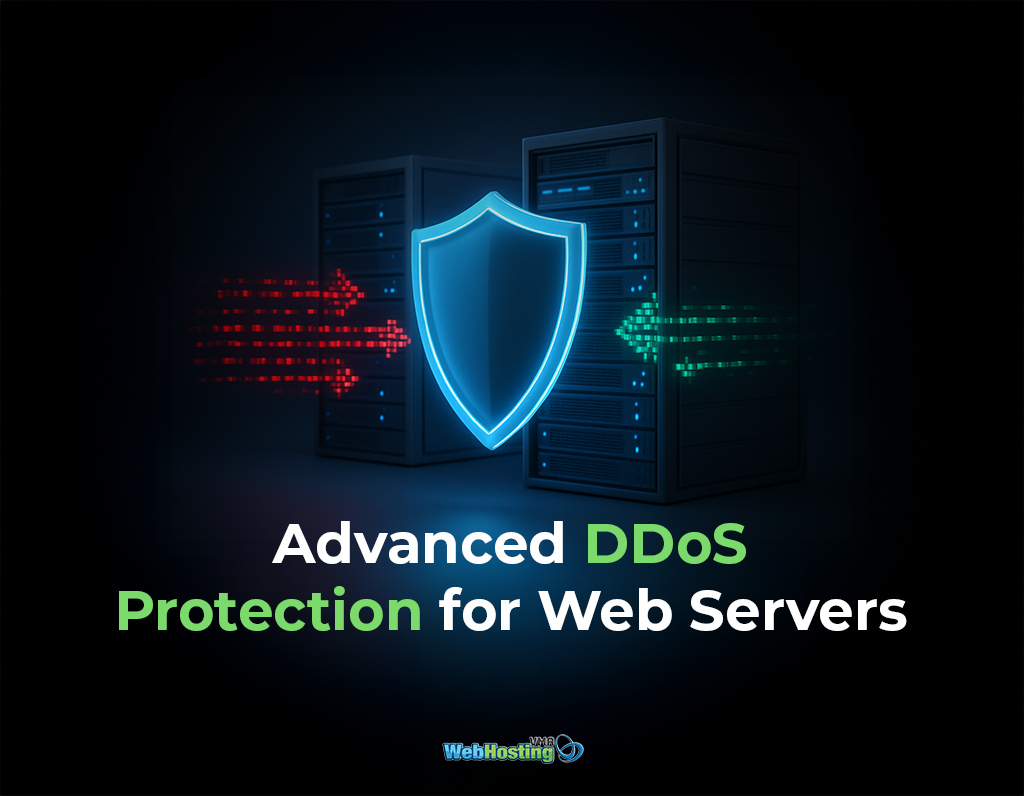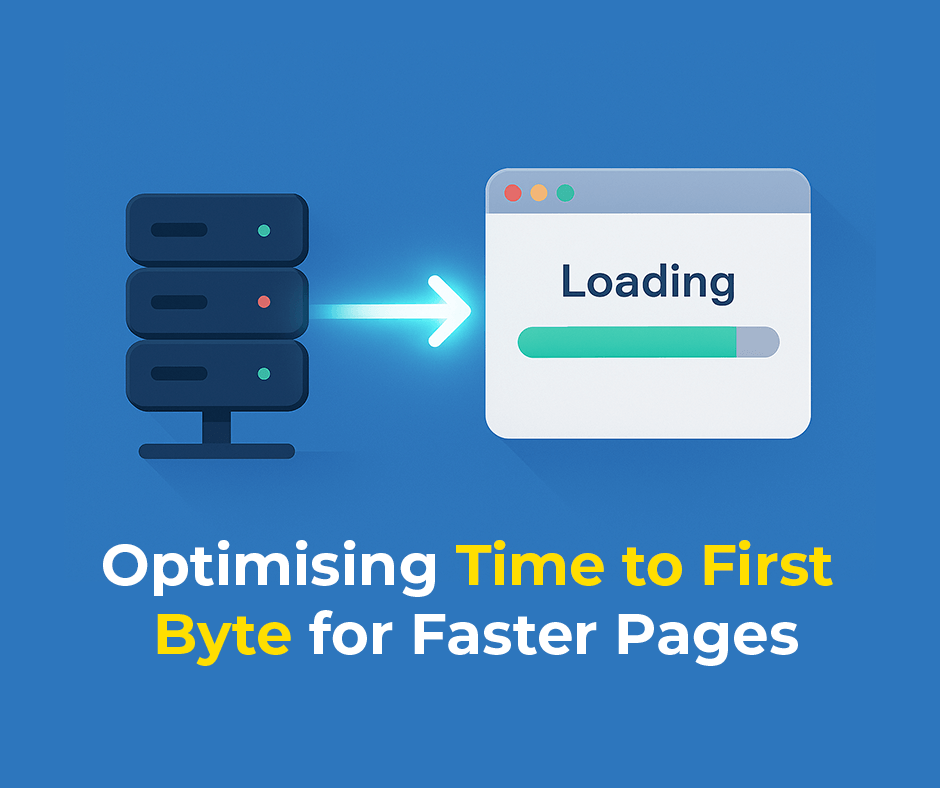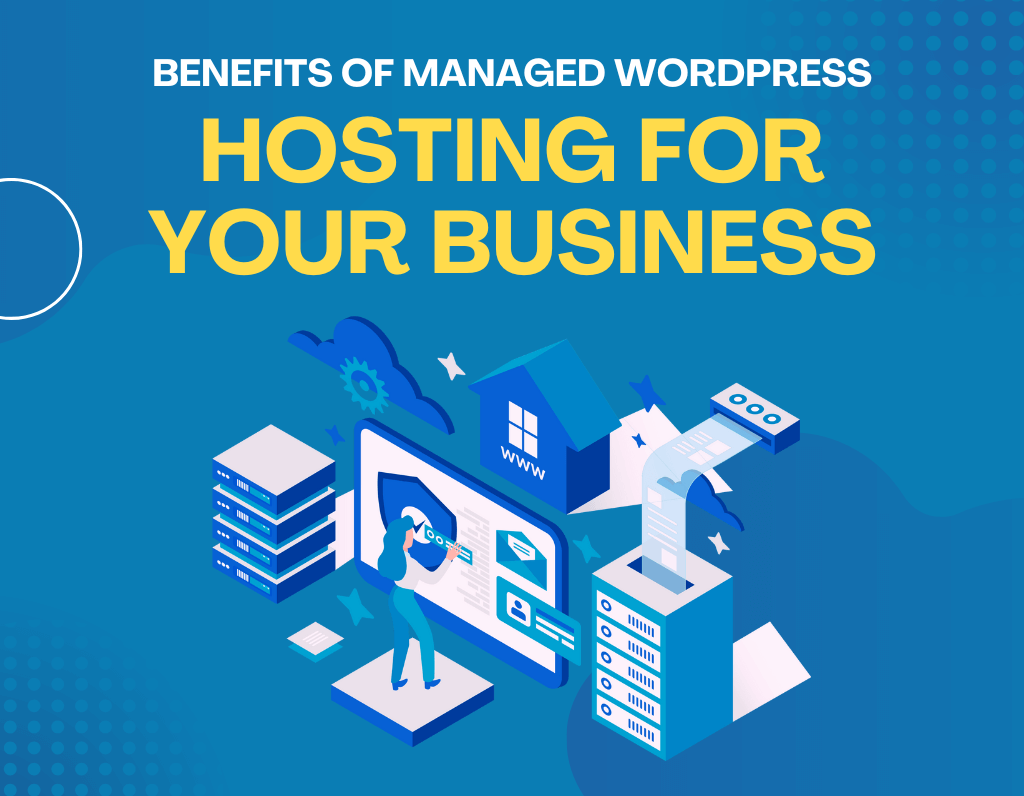What is Self-Managed Hosting?
Self-controlled hosting method you rent a server from a web hosting organisation. The organisation offers you the server space, but does now not help control or hold your internet site. You are responsible for looking after and updating your website yourself. This gives you more control over your website, but also means more work for you to keep it running properly.
Pros of Self-Managed Hosting
Control – You have all the control over your website hosting environment. You get to determine when and ways to update software, observe safety patches, or regulate configurations. This control gives you the power to ensure your website runs exactly as you want.
Inexpensive – Renting your own server is more cost-efficient than the use of a completely-managed hosting provider, specifically for larger websites. However, you need to consider in, the price of your effort and time dealing with the server your self.
Customisation – Provides you the freedom to fully personalise your internet site’s appearance, features, and functionality without any limitations imposed by using hosting providers. You can put into effect any customisation, combine any third-party tools or services, and truly make your website unique to your brand or business.
Flexible – You have complete flexibility over the server environment. You can install any software, applications, or scripts that your website requires. You can also make any configurations or customisation you need without regulations. This level of flexibility allows you to tailor the server in your exact needs and preferences.
Cons of Self-Managed Hosting
Support – When you opt for self-managed hosting, you don’t receive technical support from the website hosting provider for problems related to your server or website. If you encounter any issues or have questions, you have to depend on your own expertise and problem-solving skills, or seek help from third-party resources, which can be difficult for beginners.
Technical Knowledge and Skills – Managing a server and hosting requires a significant level of technical information and skills. You need to have an expertise of server management, be, the best security practices, backups, and troubleshooting. This can be a steep learning curve for non-technical people or those without previous experience.
Maintenance – This require regular and ongoing maintenance tasks inclusive of software updates, backups, performance monitoring, and troubleshooting. These maintenance activities are crucial for making sure the smooth operation and security of your website, however they may be time-consuming and requires expertise.
Security – The responsibility of securing and protecting your server from various threats falls entirely on you. You must put into effect and maintain appropriate safety features, apply software program updates and security patches promptly, and monitor potential vulnerabilities or attacks, which requires expertise.
What is managed web hosting?
Managed hosting means a company provides you with a server and also takes care of dealing with and maintaining it for you. Instead of you having to deal with the technical details yourself, the hosting company does all the work. This form of hosting is a great preference in case you do not need to cope with the technical parts of running a website yourself. Companies like WP Engine specialise in providing this kind of full management and maintenance services, mainly for WordPress websites.
Pros of Managed Hosting
Time-saving – You do not have to spend time handling the server or coping with technical responsibilities yourself. The web hosting provider takes care of server administration, updates, backups, and maintenance. This frees up your time to focus on your core business and website content. You can dedicate your efforts to developing your online presence than worrying about server issues.
Cost-saving – Although managed hosting plans typically cost more upfront, they could save you money in the end. You do not need to hire and pay for in-house IT staff or technical professionals. The hosting provider’s team handles all server-related work, lowering your average operational costs. It is also can help you avoid costly downtime or data loss incidents.
Reduced risk – Managed hosting providers have groups of experienced experts who ensure your server is secure, regularly backed up, and running smoothly. They implement best practices and security measures to reduce the risk of downtime, data breaches, or different problems that might seriously impact your website’s availability and reputation.
Reliable – Reputable managed hosting businesses invest heavily in redundant structures, backup power sources, and different measures to ensure dependable and consistent uptime for your website. They have sturdy infrastructure in the vicinity to minimise downtime and keep your site accessible to visitors.
Flexible and rapid solutions – Managed hosting providers can quickly respond to your changing needs, including scaling sources or implementing new technology. Their groups can swiftly install solutions to cope with performance issues, upload new capabilities, or optimise your website’s hosting environment.
Updated Technology – The hosting company maintains your server software program, applications, and technologies updated with the latest versions and security patches. This guarantees your website remains current, secure, and benefits from the latest features and overall performance improvements.
Maintenance – All maintenance tasks, which include software updates, security patches, backups, and overall performance monitoring, are dealt with by the website hosting provider’s experts. This frees you from those time-consuming and technical responsibilities, allowing you to focus on your core business operations.
Cons of Managed Hosting
Predefined Resources and Limited Customisation – Managed hosting providers allocate storage space and network bandwidth based on your chosen plan. While some providers offer upgrade options, these resources are typically pre-defined. This can be a constraint for websites with:
- Fluctuating Traffic: If your website experiences unpredictable spikes in traffic, a managed hosting plan might not offer the on-demand scalability of a dedicated server.
- Complex Customisations: Managed hosting environments prioritise stability and security, which may limit your ability to implement highly specialised server configurations.
Control – While you have control to your website’s content material and configuration, you have limited control over the server environment and settings. The website hosting company manages and controls most server-level aspects, which can be a downside in case you require specific customisation or choose complete control.
Conclusion
When it comes to choosing between self-managed and managed hosting for your WordPress website, there are several factors to consider. The decision largely depends on your technical expertise, available resources, and specific requirements for your website.
Self-Managed Hosting: Is a more hands-on approach where you have full control over the server environment. This option is suitable for those with technical skills and the willingness to handle server administration, security, updates, and maintenance tasks themselves. Self-managed hosting offers greater flexibility and customisation options but also requires more time and effort from your end. It can be a cost-effective solution, especially for larger websites, but also comes with responsibility of ensuring your site’s performance, security, and uptime.
Managed Hosting: Is a more convenient and hassle-free option, the hosting provider takes care of server management, security, updates, backups, and other technical aspects. This solution is ideal for those with limited technical expertise or resources, as well as for businesses that prioritise reliability, performance, and minimal downtime. Managed hosting providers offer specialised support, expertise, and often optimised hosting environments for WordPress websites.
If you have the technical skills and resources to handle server administration tasks and prefer complete control over your hosting environment, self-managed hosting could be a suitable choice. However, if you want to focus on your website’s content and business operations without worrying about technical details, managed hosting from a reputable provider specialising in WordPress hosting could be the better option. It offers peace of mind, reliable performance, and dedicated support, but at a higher cost.
The decision between self-managed and managed hosting for your WordPress website depends on your priorities, budget, and the level of technical involvement you’re willing to undertake. Evaluate your specific needs, resources, and expertise to make an informed choice that aligns with the goals and requirements of your WordPress website.
You may also like:






